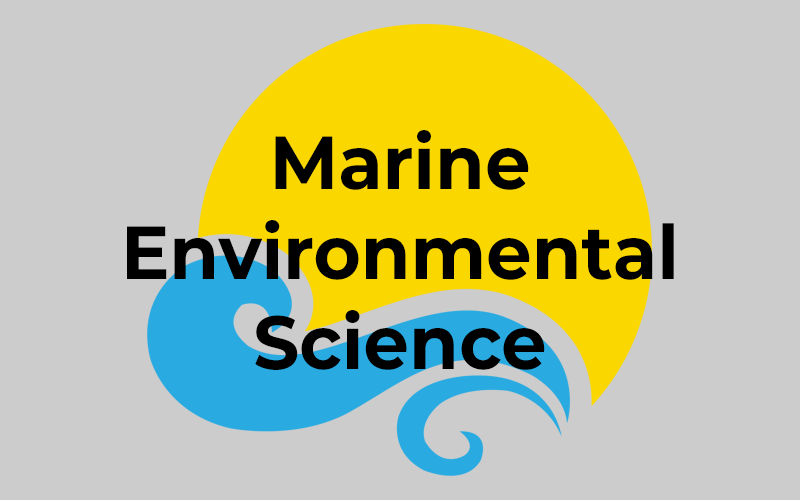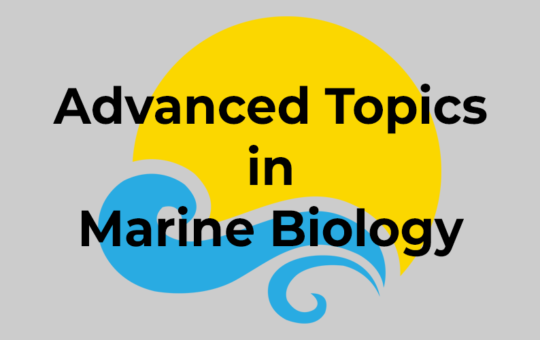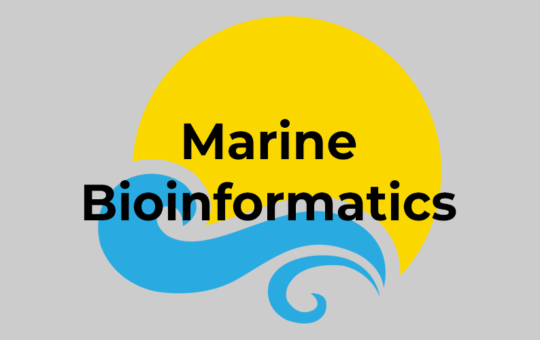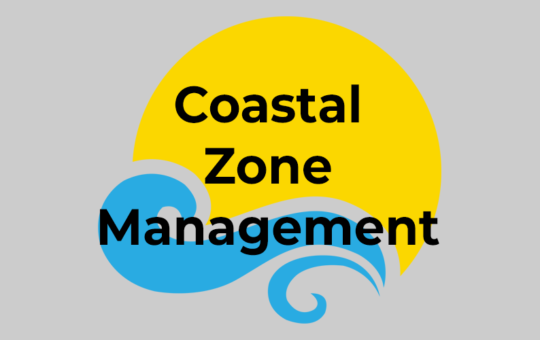
Marine Environmental Science
Marine Environmental Science is an interdisciplinary field that examines the complex interactions between marine organisms and their environment. This course provides students with a comprehensive understanding of the physical, chemical, biological, and geological processes that shape marine ecosystems. Students will explore the dynamics of oceanic systems, including ocean circulation, nutrient cycling, and energy flow, and learn how these processes influence marine biodiversity and productivity. The course also covers the various marine habitats, such as coastal zones, estuaries, coral reefs, and deep-sea environments, highlighting the unique characteristics and ecological significance of each.
In addition to studying natural processes, the course addresses the impact of human activities on marine environments. Students will examine issues such as marine pollution, overfishing, habitat destruction, and climate change, and their effects on marine ecosystems and biodiversity. The course emphasizes the importance of sustainable practices and conservation strategies in mitigating these impacts and protecting marine resources. Through lectures, laboratory work, and field studies, students will gain practical skills in environmental monitoring, data analysis, and ecological assessment. This course prepares students for careers in environmental science, marine biology, and conservation, equipping them with the knowledge and tools needed to address the pressing environmental challenges facing our oceans.
Curriculum
- 8 Sections
- 22 Lessons
- 1 Quiz
- 0m Duration
Section 1: Introduction to Marine Environmental Science
- Chapter 1: Overview of Marine Environmental Science
- Chapter 2: History and Development of Marine Environmental Science
- Chapter 3: Fundamental Concepts in Marine Environmental Science
Section 2: Physical and Chemical Properties of Marine Environments
- Chapter 4: Physical Oceanography
- Chapter 5: Chemical Oceanography
- Chapter 6: Marine Geology
Section 3: Marine Ecosystems and Biodiversity
- Chapter 7: Coastal and Estuarine Ecosystems
- Chapter 8: Open Ocean and Deep-Sea Ecosystems
- Chapter 9: Coral Reefs and Mangroves
Section 4: Human Impact on Marine Environments
- Chapter 10: Marine Pollution
- Chapter 11: Overfishing and Resource Exploitation
- Chapter 12: Habitat Destruction and Coastal Development
Section 5: Climate Change and Marine Environments
- Chapter 13: Ocean Acidification
- Chapter 14: Sea Level Rise
- Chapter 15: Climate Change and Marine Biodiversity
Section 6: Conservation and Management of Marine Resources
- Chapter 16: Marine Protected Areas (MPAs)
- Chapter 17: Ecosystem-Based Management
- Chapter 18: Policy and Legislation
Section 7: Research and Monitoring in Marine Environmental Science
- Chapter 19: Research Methods and Techniques
- Chapter 20: Technological Innovations
Section 8: Future Directions in Marine Environmental Science
- Chapter 21: Emerging Issues and Challenges
- Chapter 22: Global Collaboration and Cooperation
- Marine Environmental Science - Assessment Test





